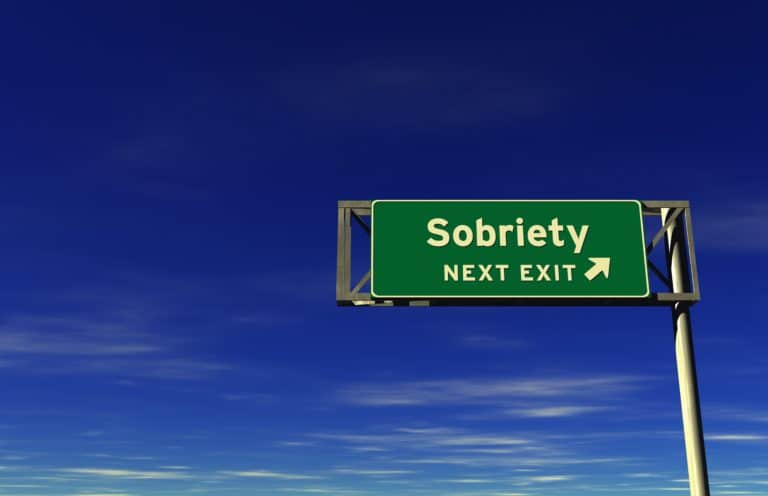Not everyone’s progress through treatment necessarily or neatly conforms to a predictable pattern and yet there are some experiences that appear to be more or less typical among those embarking on a recovery focussed treatment. Here are the stages in addiction treatment and recovery.

It is not uncommon for people to assume that the first stage of treatment aimed at initiating the process of recovery begins when the person walks through the door of a treatment facility such as an exclusive rehab centre.
In truth, there is an important period before that. From the moment when they first realize they need help, it may take someone quite a while before they actually reach out to ask for it. Despite the motivating horror of their current situation, it is a big step to take.
The important point is that it signals recognition (if not yet full acceptance) that there is indeed a problem; that something needs to change for which help is required. The denial and self-delusion that have helped sustain the addiction may be weakening.
Although the person may be full of doubt, uncertainty and ambivalence, as well as harbour unrealistic notions about what follows as they embark on a rehab program in one of the world’s top luxury rehabs, nonetheless an important psychological shift has taken place. This is sometimes overlooked.

Withdrawal begins when the drug of addiction is no longer entering the system or when the addictive behaviour stops. It is the uncomfortable state of being without something that has come to feel essential. Submitting voluntarily to this process, as in admission to a luxury drug rehab centre, represents a particularly significant shift in the relationship with drug and alcohol abuse or behaviour.
It is important to take careful advantage of this recovery process by surrounding the individual with holistic therapeutic support.
In the case of drug or alcohol addiction in which someone may become dependent, withdrawal is both a physical and psychological process. Dependency is when the system has come to expect and indeed, requires the intake of the drug to enable any semblance of normal functioning.
The focus of everyday life is almost exclusively driven by the urgent need to obtain and use it. Without drug abuse there is only agitation, distress, discomfort and craving. For other drugs and addictive behaviours withdrawal is almost solely psychological.
In the cases of physical dependence, because the brain has adapted to the expectation of the drug, its withdrawal has to be carefully managed through the process of detoxification. This may mean the necessary use of other drugs under controlled conditions and medical monitoring, something for which a private alcohol or drug rehab facility is well equipped.
It is one thing to stop taking the addictive drug or give up the behaviour, it is another to begin facing up to life without resorting reflexively to those habits. Apart from anything else the addiction or substance abuse will have taken up a lot of time and energy.
What is to be done with those resources now? Without the consuming activity, the person is exposed and vulnerable to their internal unconscious world and to the world at large. They are dealing with loss and now facing reality as they may not have done for many years. It is a significant adjustment in the addiction recovery process.
In this vulnerable early recovery phase, they need support to understand the condition from which they suffer and to take on board what will be necessary to aid recovery. It will be a period in which they reconnect with others, including family members, which may well be challenging.
Most importantly they will need to learn coping skills to deal with stress and the feelings generated without resorting to the addictive behaviours that have led them to the doors of the private inpatient addiction treatment centre.

The consuming nature of addiction means that almost all of life is taken up with thinking about, obtaining and taking the drug or enacting the behaviour before dealing with the consequential feelings which prompt the person to enter the self-destructive circle once more. For this reason, the person’s whole approach to life has to change radically.
Time in the safe environment offered by a luxury rehab centre offers the opportunity to try out and practice new approaches to life and self-care, using the range of expert support available such as behavioural therapies, family therapy, and access to support groups. This helps to equip the person to cope with what comes next.
As the addiction treatment program draws to a close, planning for managing continuing recovery to maintain abstinence in the short and long term is essential as the person assumes responsibility for self-directed recovery in the world beyond the support of the private addiction treatment centre.